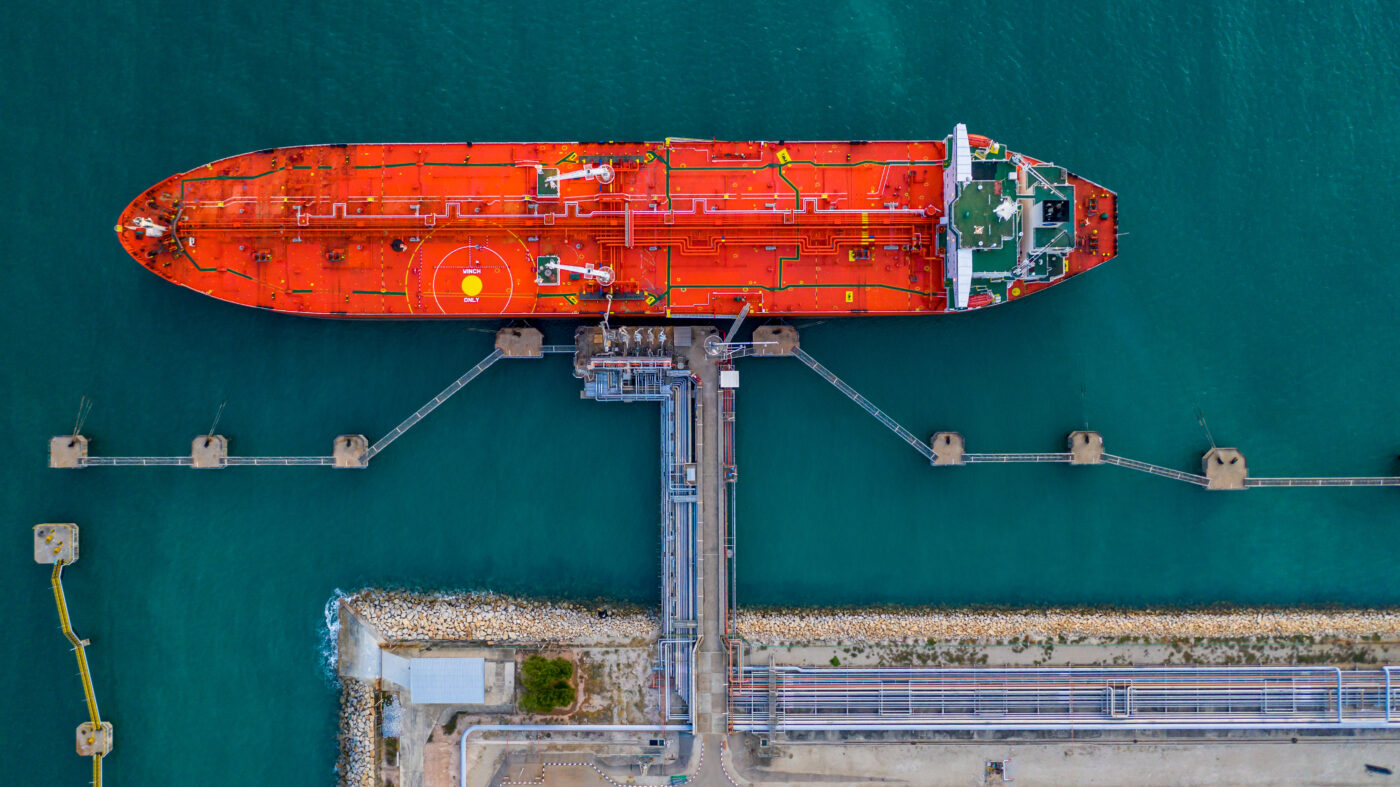How Tanker Shipping is Adapting to a Changing World
? Introduction
Global energy demand, environmental regulations, and economic uncertainty have all converged to reshape the tanker shipping industry. From the rise of dual-fuel vessels to the push for carbon transparency, operators are recalibrating their strategies in real time.
⚓ The Impact of IMO Regulations
The IMO 2020 and now the push toward IMO 2030 have brought stricter emissions standards. Shipowners are investing in cleaner-burning fuels, including LNG, and exploring energy-saving devices such as Flettner rotors and air lubrication systems.
? Fleet Modernization
A noticeable trend is the renewal of aging fleets. Many companies are ordering modern eco-tankers with improved hull designs and hybrid propulsion systems. The focus has shifted from just capacity to efficiency and long-term ROI.
? Digital Transformation
Technology is becoming a strategic asset. From AI-driven route optimization to real-time cargo tracking, digital tools are improving safety and maximizing voyage efficiency. Charterers are increasingly seeking data transparency from ship operators.
? Sustainability & ESG Demands
Environmental, Social, and Governance (ESG) factors are influencing client decisions more than ever. Companies with clear sustainability roadmaps are attracting more charters and long-term partnerships.
? Freight Market Dynamics
The tanker market continues to be shaped by geopolitical tensions, shifting oil flows, and OPEC+ decisions. Spot rates remain volatile, encouraging more operators to secure term contracts.
? Summary:
This article explores how the global tanker shipping industry is evolving in response to stricter regulations, sustainability pressure, and technological change. Ocean Unity remains committed to advising clients through these shifts with clarity and foresight.

